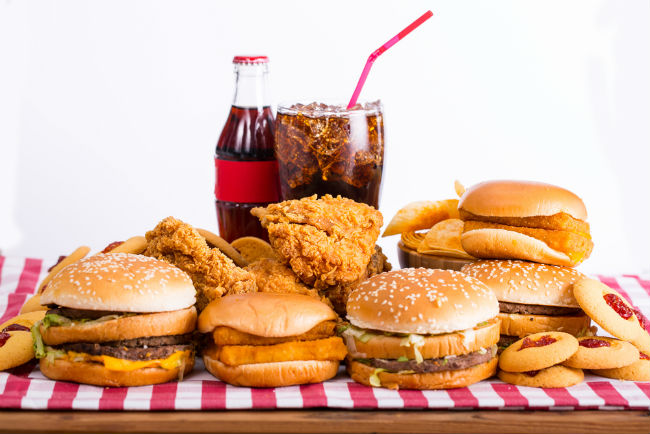
Every few years, somebody shows us a burger they bought from McDonald’s way back when and marvels in disgust that it’s still pristine. This week, it’s a Happy Meal from six years ago. People post vomit emojis and mourn the state of American food and then go back to eating horribly until the next time this happens. But while you shouldn’t be eating fast food every day, the fact that a burger doesn’t spoil isn’t a good reason why.
The first question most people ask when confronted with these photos is “Where’s the mold?” And it’s a fair question, because generally, when we see rotting food, we see mold. So a lack of mold must mean there’s some sort of unnatural chemical boogeyman lurking in the food, right?
Wrong. Mold is doesn’t just magically appear. It’s a life form like anything else; it needs air, water, food, and a hospitable environment to live. If you don’t have that, you don’t have mold.
What McDonald’s no-decay truthers are doing is literally nothing more or less than what our ancestors used to do to preserve meat. You get a thin cut of meat, cover it in salt, dry it out, and it’ll last for a long, long time. There’s no fundamental difference between a cheeseburger under glass at a hostel and the beef jerky you buy at a gas station.
Take the Happy Meal we linked to up above. It has nuggets and fries, and the nuggets have 900 mg of sodium and 30 grams of fat, while the fries have 130 mg of sodium and 11 grams of fat. High fat means low moisture, and McDonald’s food tends to dehydrate surprisingly quickly when left out in the open air.
The idea that the food is doused in preservatives isn’t entirely wrong, but the preservative in question is the salt. Salt screws up the reproduction of microorganisms, including mold, which is why your pickles don’t rot. So while our theoretical mold may have air and food, it doesn’t have water, or a hospitable environment.
As usual, we have to take a moment here and say that you shouldn’t eat fast food morning, noon, and night. The fact that this food is so heavy on the salt and fat means you should look at your nutrition before swinging through the drive-through. But if you do decide to hit up your local burger joint, don’t let the six-year-old burger haunt you.






